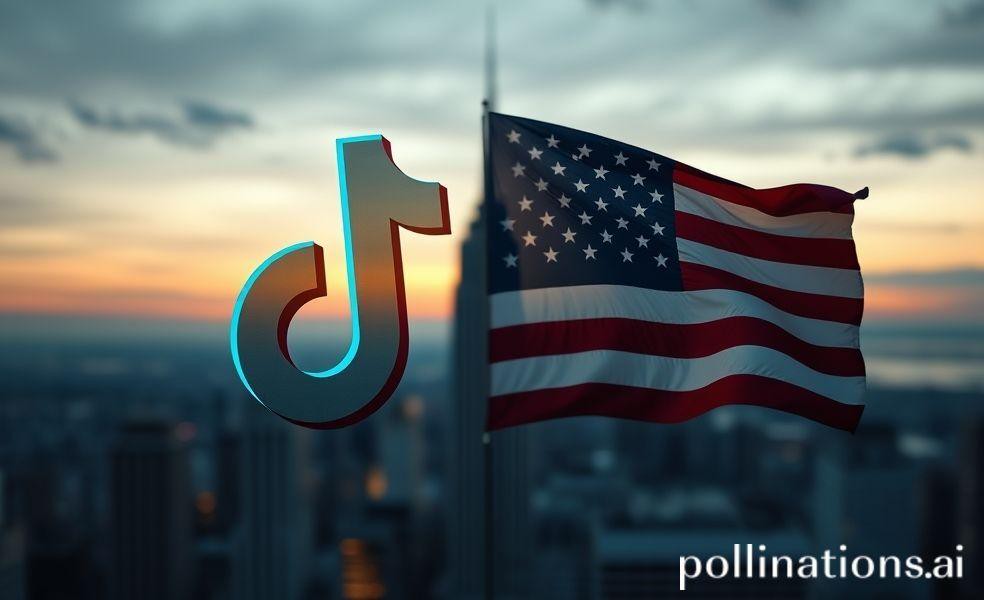What if a social media giant suddenly disappeared from the face of the earth? The recent TikTok deal, orchestrated by U.S. Treasury Secretary Scott Bessent, answers this question, revealing a strategic power play in the realm of digital sovereignty.
The Deal as a Strategic Move
The deal, struck in Madrid, ensures the American iteration of TikTok will operate independently from its Chinese parent company, ByteDance. This move is not just about security; it’s a bold statement in the global race for digital dominance.
“The threat of shutting down TikTok in the U.S. was the catalyst for this agreement,” stated Scott Bessent, highlighting the high stakes involved.
Implications for the Global Tech Industry
This deal sets a precedent, signaling that governments are willing to intervene in the tech sector to assert control over data and digital platforms. The global tech industry must now navigate a landscape where national interests often dictate market dynamics.
Ethical Considerations
While the deal addresses security concerns, it raises ethical questions about government overreach into private companies. Where does national security end and corporate autonomy begin?
Impact on Users and the Future of Social Media
For users, the immediate impact may be minimal, but the long-term effects on social media’s evolution are significant. This deal could fragment the global social media landscape, leading to region-specific platforms.
Consider this analogy: Just as oil shaped the 20th century, data is the oil of the digital age. Control over platforms like TikTok is akin to controlling the refineries—crucial for economic and political power.
A Call to Action
As we witness this shift, it’s crucial to consider the broader implications. How do you feel about governments exerting control over social media platforms? What does this mean for the future of digital freedom and innovation?
Share your thoughts in the comments below. Explore more insights on this critical topic.



